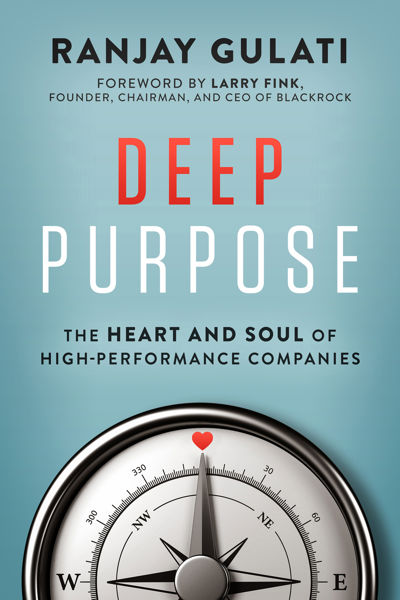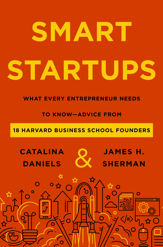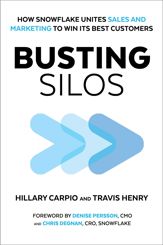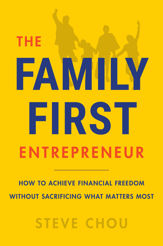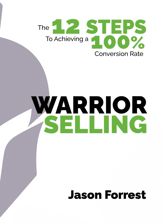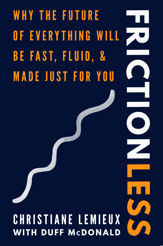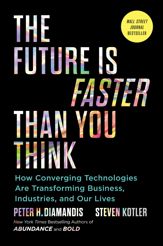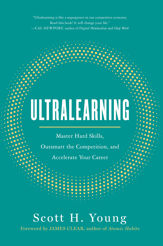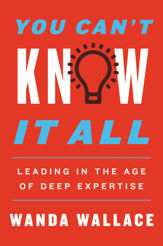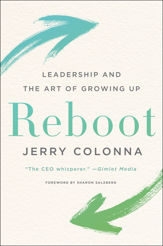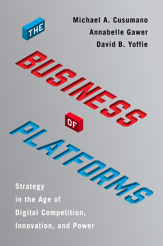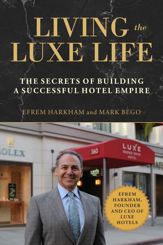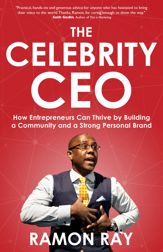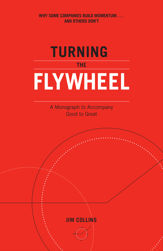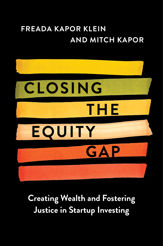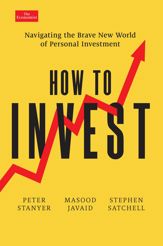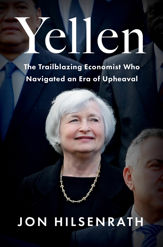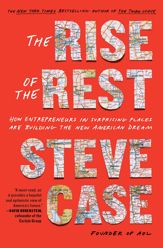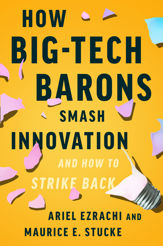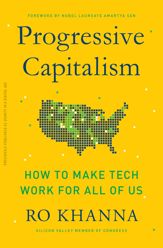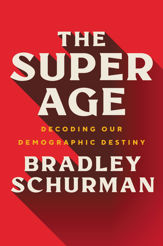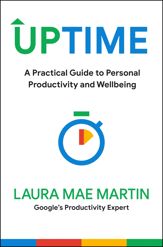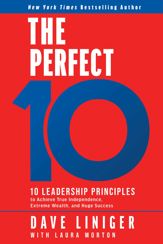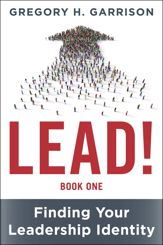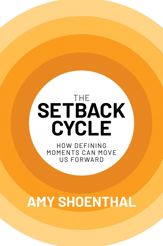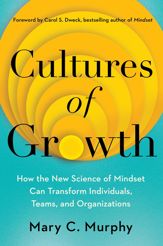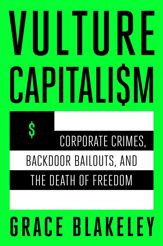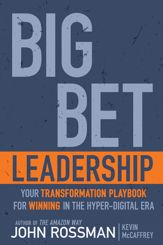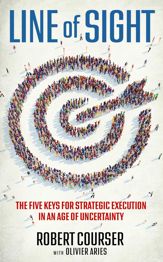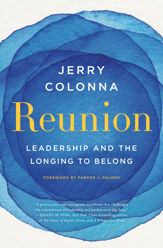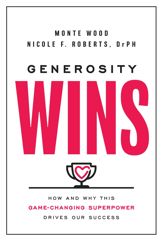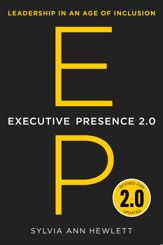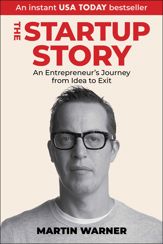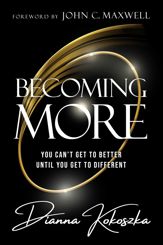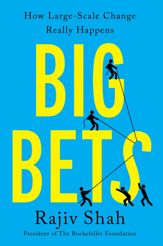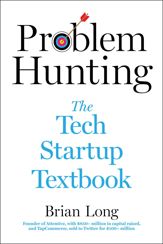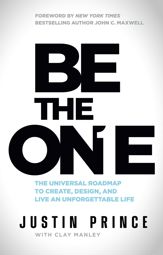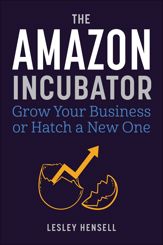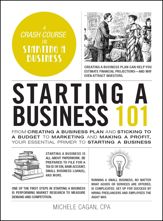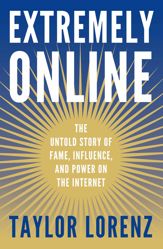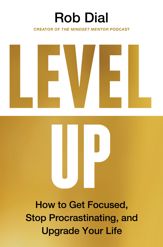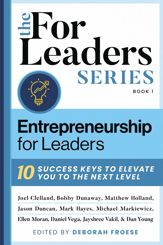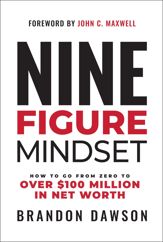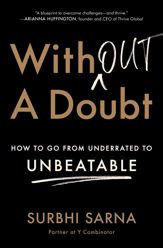“Brilliant and thought-provoking as ever, Ranjay Gulati applies scholarly rigor to the important topic of purpose. This book is a must-read for all leaders who wish to embark on or continue a journey toward a vibrant, high-performance business.” — Kasper Rorsted, CEO, Adidas
“Many leaders today strive to align purpose with financial success, but only a few succeed. Gulati analyzes the tough challenges that leaders everywhere must address if they are to save the planet while also delivering strong profits. He provides a compelling account of what it means to be purpose-driven—a crucial objective for us as well as other organizations in the social innovation space.” — Toshiaki Higashihara, Executive Chairman & CEO, Hitachi, Ltd.
“Leaders often invoke the rhetoric of corporate purpose to elevate their or their company’s image. But for the people who work in these companies, the search for purpose is a real and defining part of their professional life. Gulati’s book illustrates how the best leaders help employees discover a tangible link between the organization’s stated purpose and what they do on the job. It’s when people ‘come alive’ with a sense of purpose in their work that their motivation, energy, and creativity blossom.” — Kenneth Frazier, former CEO, Merck
“Many leaders give lip service to purpose, but few know how to create a compelling one. Ranjay Gulati is a preeminent scholar of organizational strategy, and in this book he shows what it takes to walk the talk on purpose. It’s an insightful, practical, and timely read on building a mission that serves employees, customers, and communities along with shareholders.” — Adam Grant, #1 New York Times bestselling author of Think Again and host of the TED podcast WorkLife
“In this provocative and richly researched book, Ranjay Gulati argues that the pursuit of profits without purpose is no longer a sustainable business model. As he shows, the road to high performance, for both individuals and companies, depends on deepening our connection to enduring and essential human values. If you want to be inspired to build more sustainable organizations, Deep Purpose should be your next read.” — Arianna Huffington, Founder & CEO, Thrive Global
“Purpose isn’t a ‘nice-to-have’ in the business world anymore. It’s a ‘must-have.’ Purpose-driven organizations will lead the future, and Ranjay Gulati’s Deep Purpose is essential reading for anyone who wants to be at the head of the pack. This comprehensive guide breaks down why cultivating purpose isn’t just the right thing for businesses to do—it’s the smart thing, too.” — Carmine Di Sibio, Global Chairman and CEO, EY
“Deep Purpose points to the conversations we must have right now about how to redefine the role of business in society, restore trust, and enhance our license to operate. As Gulati rightly argues, the winning formula is moral leadership and a multistakeholder model with purpose at its core. It entails both leadership and systems transformation. Highly recommended.” — Paul Polman, former CEO, Unilever
“Pursuing a purpose as a company means arriving at a clear understanding of what you were put on this planet to do. It helps you steer in the right direction, navigate tradeoffs, and, when connected to a social or personal purpose, it can inspire remarkable performance. Deep Purpose peels back the layers to unveil what it truly takes to cultivate a purpose-driven culture, one that enables both the company and its employees to experience its power and benefit from the growth it can generate.” — Corie Barry, CEO, Best Buy
Where Gulati's book shines is in its emphasis on putting people and the health of the planet first. Doing so isn’t naïve, he says, but rather brace and necessary in today’s rapidly changing world. — SUCCESS magazine
“In this short guide, Harvard Business School’s Ranjay Gulati offers plenty of useful advice about how leaders can set a principled course for their businesses.” — Financial Times
“Deep Purpose will not be the last book to claim to show leaders the way, but it stands out as a thoughtful account of the dilemmas, trade-offs and pitfalls of moving beyond the pure-profit imperative, and how to overcome them.” — Financial Times
